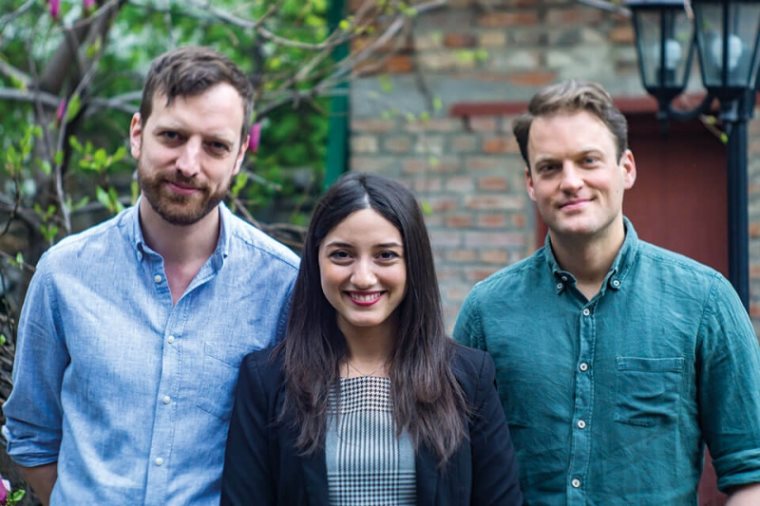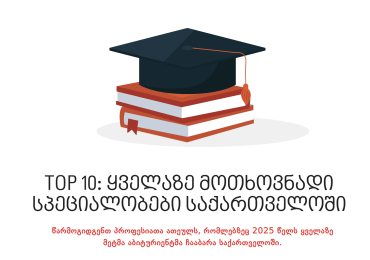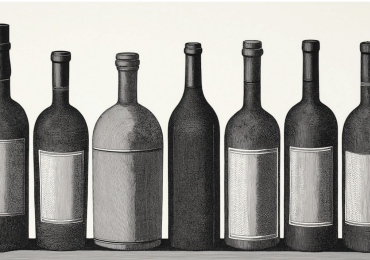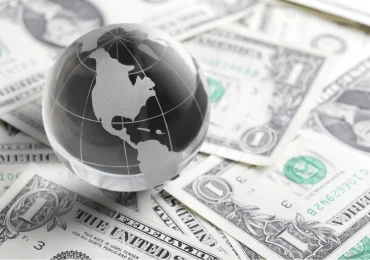A start-up launched barely two months ago, Traktor’s ag-tech platform is already gaining traction. With over 500 million small and medium-sized farmers worldwide and 40% of Georgia’s population employed in the agricultural sector, Traktor’s decision-support platform, which provides farmers with a direct link to suppliers, expert information, and a crop-planner, the smart, algorithm-driven Traktor is primed for success.
An 80-kilometer drive on a scarcely paved road that curls around steep cliffs in one of Georgia’s mountainous regions in between Dusheti and Khevsureti, leads to Ukanapshavi, a small village of no more than 50 people. With the sun high in the sky, and cows roaming freely on 2,000 m2 of land, Nodar, a tall, slim, 25-year-old farmer, scrolls through his smartphone whilst watering his crops.
300 kilometers to the west, just outside of Ozurgeti in the Guria region, beekeeper Lali walks among her families of bees. Lali, just like Nodar, scrolls through her smartphone, meticulously notes the information she’s reading, selects a few options, and continues her work on the beehives.
It’s not your usual sight, a farmer in the middle of nowhere attentively looking at their smartphone, while working the land. But this is exactly what the entrepreneurs from the start-up company Traktor hope the future of farming will become: instant, on-the-spot information-gathering, supply ordering, and crop planning, all while working the land.
I met with Traktor’s founders Jonne Catshoek, Mark van Embden Andres, both of whom are from the Netherlands, and Georgian Nino Nanitashvili. We met at their office in the Vera District in the heart of Tbilisi, the yard surrounded by old blossoming trees, and dotted with smaller versions of the kvevri, the traditional Georgian clay wine vessel.
“We realized farmers in Georgia have major obstacles when it comes to obtaining information,” Catshoek explains, referring to the farmer focus groups they conducted during a previous project. “This lack of accurate information negatively impacts the farmers’ output, and in turn, this has a negative impact on Georgia’s overall economy.”
It was this realization that prompted Catshoek and van Embden Andres to start thinking about the possible ways they could contribute to improving farmer output.
“Farming is the most tangible, meaningful gateway to development,” Catshoek explains.But it wasn’t until they saw a short online video created by a friend and former business partner about pruning kiwi vines in 2015 that the two men realized there was a huge potential gap that they could fill: an online platform providing farmers with decision support, through high-end instructional videos and online agronomic consultancy, free-of-charge.
Georgia, a country Catshoek has called home since 2009, and van Embden Andres since 2011, has high internet penetration. And for the two entrepreneurs, who previously founded and ran a data-driven and community-building NGO that sought out solutions for conflict-affected areas around the world while being based in Tbilisi, the small but fertile Georgia seemed the perfect place to launch the platform
While they put their team together and conducted in-depth research, they realized that the farmers were also dealing with low input quality. “The farmers have a supply problem,” noted Nanitashvili, who met her Dutch partners at an event for innovative projects in 2013, and later became Traktor’s Head of Marketing and Business Development. “So, we decided to add Marketplace, our own e-commerce space for farmers to purchase supplies, such as seeds and seedlings,” she added, pointing out that by cutting the middleman, the farmer has the best price guarantee.
And that’s Traktor’s winning strategy, van Embden Andres explains. “We’re essentially taking an offline market online.”
The team expects to start making profits through their marketplace in the coming months. This will help sustain the platform and inject cash into further development. The platform is currently supported by international donors, but the team is looking for other possible money flows, as they are planning to expand globally.
With a targeted market of at least 500 million farmers worldwide, the idea to provide small and medium-sized farmers with fast, reliable, personalized information, advice and goods, could potentially have a major impact. Catshoek notes that these farmers all need the same thing – bulk products at predictable times in a predictable quantity,
And that’s what Traktor is made for. By tracking and understanding the farmers’ online behavior via smart algorithms, Traktor will be able to provide a precise and tailor-made online experience for them.
Not only do Georgian farmers have the ability to order online, Traktor can deliver to anywhere in the country. However, Catshoek explains that setting this up was a bit of a struggle. And it was not the only obstacle they ran into.
“Every week we have to solve a new problem,” Catshoek tells me. “We had to go to a plastic factory to get custom made plastic bags for our deliveries, because either the sizes exceed standard sizes, or they are too heavy.”
Van Embden Andres jumps in, explaining that they are currently trying to figure out how to provide farmers who cannot access bulk discounts and are not able to adequately vet suppliers the ability to pay less for better products.
“It takes a lot of improvisation, the prices, delivery, and logistics,” van Embden Andres says. But by doing so, he tells me, the platform is bridging a communication gap between farmers and suppliers. “Suppliers struggle to communicate with farmers, and therefore, they lack understanding of the actual needs farmers in rural areas might have.”
Because the platform is mostly funded through grants from international donor organizations in Georgia, this has enabled Traktor to work on developing the platform, research the needs and gaps of the market they are penetrating, and to take the first steps in making the platform commercially viable.
The next step is finding investors to expand beyond Georgia.
“We’re ambitious,” van Embden Andres says, “Georgia is a small market, and having already experienced setting up a global NGO, we have the mental confidence to do it.”
With a team of 12 agro-experts, UI/UX designers, marketers and sales professionals, excluding their large network of agricultural consultants, the cohesive group is primed for success.
The growth numbers don’t lie. With the platform growing its membership on a weekly basis, the team forecasts revenue growth in the next few months.
“We may be called social entrepreneurs,” Nanitashvili says, “but we believe social entrepreneurship should do what all businesses do.”
Catshoek and van Embden Andres enthusiastically nod in approval.
“Doing something good for a sector, while being sustainable, and being able to scale globally and quickly making profits – that’s what businesses should be about,” notes Catshoek. “The one does not exclude the other,” van Embden Andres adds proudly.
















